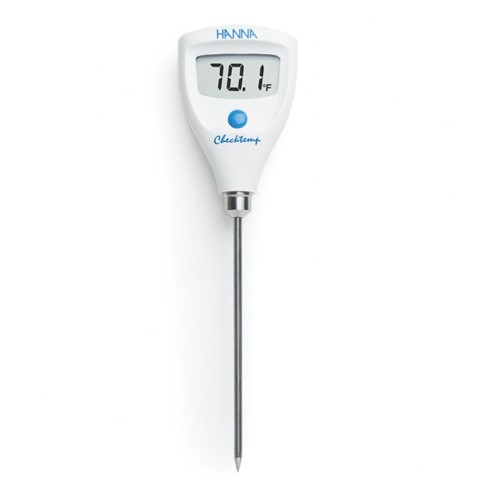Sputnik V, CoviVac and EpiVacCorona: which vaccine is more effective?

The effectiveness of the Sputnik V vaccine against the delta strain of coronavirus was more than 58%. The indicators of the drugs "KoviVak" and "EpiVakKorona" turned out to be significantly lower, employees of the European University at St. Petersburg and the Medical Institute. Berezin Sergey based on the results of an independent study of the effectiveness of Russian vaccines against symptomatic coronavirus infection. The scientists noted that the study was conducted during the October outbreak of the disease, when there was no "omicron" in St. Petersburg, so the new strain could change the performance indicators.
Which vaccine is more effective?
The press service of the European University reported that although formally, in the results of the study, the effectiveness of Sputnik V in the fight against delta was noted at the level of 58%, in reality its effectiveness is higher, since this calculated indicator is affected by the number of unrecorded recovered patients. "Sputnik Light" showed an efficiency of 50%.
As for the effectiveness of KoviVak, it turned out to be one and a half times lower (38%). The efficiency indicator of EpiVacCorona (negative efficiency) is even lower. The manufacturer of the latest vaccine disagreed with the results of the study.
How was the research?
The material was collected in October 2021 in St. Petersburg. The study refers to 1198 citizens with symptoms and confirmed coronavirus infection, who were sent for computed tomography to outpatient centers of the Medical Institute. Berezin Sergey (MIBS). Physicians from the institute collected data on patients' health status, vaccination status, and vaccination type. It also recorded whether the patient had COVID in the past.
In addition, the control group - 2747 people - included participants in another study. This study, which established the prevalence of antibodies to coronavirus, was carried out by scientists from the European University along with colleagues at the same time. The serosurvey was conducted in two stages - first, participants were randomly called and asked questions (including about vaccination and previous illness); then they were invited to be tested for antibodies.
Read together with it:
- Dangerous antibiotic residues were found in a shipment of imported buffalo meat in Primorye.Research conducted at the Primorsky branch of the Federal State Budgetary Institution "APK NATSRYBA" confirmed the presence of hazardous residues of the antibiotic oxytetracycline and the antiparasitic drug ivermectin in high concentrations. These substances are unacceptable in food products. The products were found to be non-compliant with technical regulations on food and meat product safety. Th...
- Half of the cooked sausages "Doctor's" and "Molochnaya" in St. Petersburg do not comply with GOST standards.The main violations included the use of undeclared by-products and understated protein content. Four brands, including Miatorg and Myasoyedov, were identified as unscrupulous producers, with the latter having exceeded microbiological standards. Measures were taken to ensure consumer safety, including inspections and bans on certain batches. Following the investigation , only four brands—namely, In...
- Fewer cows, more risks: Global pasture loss is changing the ecological balanceВ недавней статье (январь 2026 г.) Университета штата Аризона (AU), с которой ознакомился Todo El Campo , рассматривается неожиданный вывод: вопреки распространенному мнению о чрезмерном выпасе скота, на половине мировых пастбищных угодий за последние 25 лет произошло значительное сокращение поголовья скота. Это сокращение было задокументировано в исследовании, опубликованном в Proceedings of the ...




























































